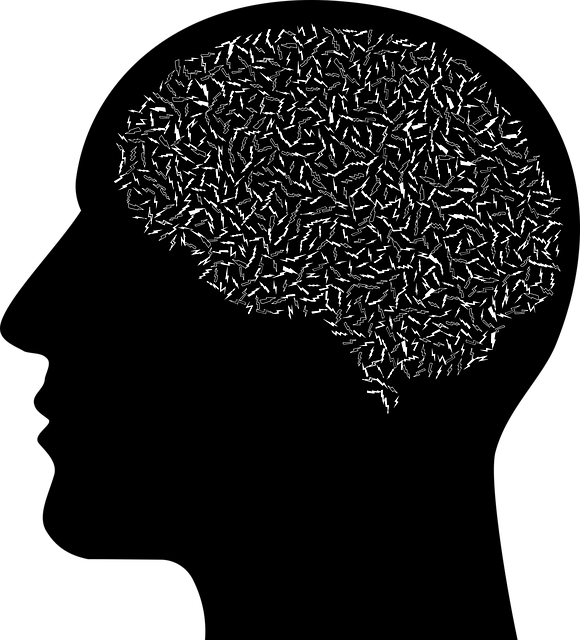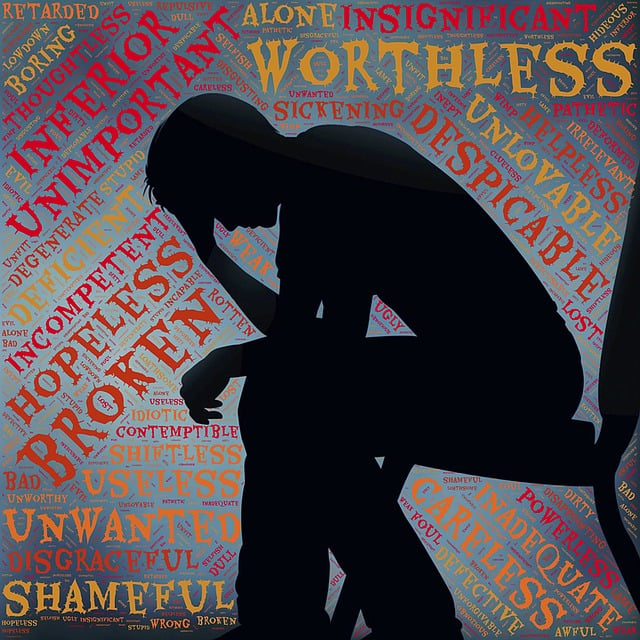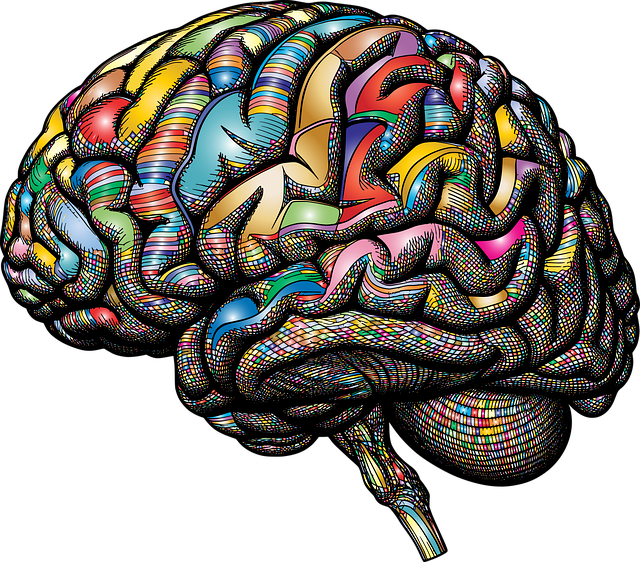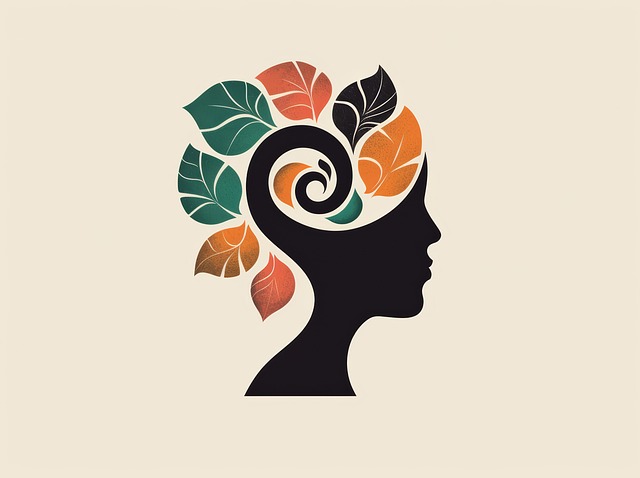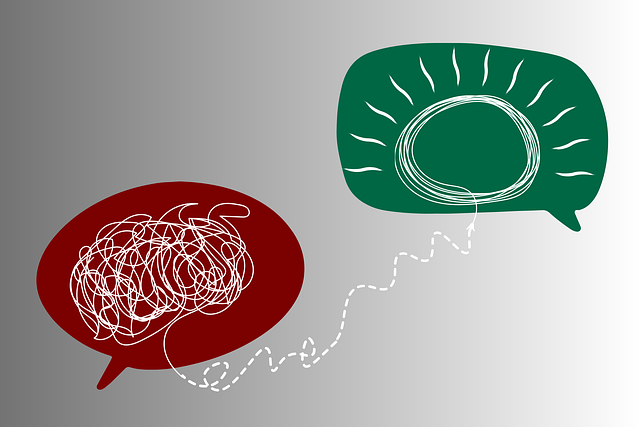Lone Tree Young Adults Therapy emphasizes the vital role of self-care in empowering young adults to navigate life transitions and challenges. By fostering physical and mental well-being through mindfulness, stress reduction, and healthy relationship skills, clients gain resilience against academic pressures, identity struggles, and social expectations. Recognizing personal needs, setting boundaries, and incorporating holistic practices like meditation and exercise are key steps for self-care success. Professional therapy sessions provide a safe space to explore issues, build coping strategies, and enhance mental health awareness, ultimately promoting long-term well-being.
For Lone Tree young adults, navigating life’s challenges can be overwhelming. This article guides you on a journey towards self-care practices improvement, equipping you with essential tools to thrive. We explore why self-care is crucial for this demographic, offering insights into Lone Tree young adults therapy and its role in enhancing well-being. Learn about identifying personal needs, prioritizing rituals, integrating strategies into daily life, and the benefits of professional support tailored specifically for your age group.
- Understanding Self-Care and Its Significance for Young Adults
- Identifying Personal Needs and Prioritizing Self-Care Rituals
- Incorporating Effective Self-Care Strategies into Daily Life
- The Role of Professional Therapy in Enhancing Self-Care Practices for Lone Tree Young Adults
Understanding Self-Care and Its Significance for Young Adults

For young adults navigating the complexities of life’s transitions, self-care isn’t just a trend—it’s a lifeline. It involves actively managing one’s physical and mental health, fostering healthy relationships, and cultivating resilience in the face of challenges. This is particularly crucial for Lone Tree Young Adults Therapy clients who often face unique pressures, from academic demands to identity formation and social expectations.
Self-care practices like mindfulness meditation, social skills training, and stress reduction methods offer powerful tools to enhance well-being. Mindfulness, for instance, helps individuals stay grounded in the present moment, reducing anxiety and fostering a sense of calm. Social skills training equips young adults with the communication and connection strategies essential for building supportive relationships. And stress reduction methods empower them to manage demanding situations healthily, ensuring they thrive rather than just survive.
Identifying Personal Needs and Prioritizing Self-Care Rituals

For many young adults navigating life’s challenges, especially those considering Lone Tree Young Adults Therapy, recognizing personal needs is a pivotal first step. It involves introspection to understand one’s unique emotional and physical requirements. This process can be as simple as paying attention to cues from your body or mind—signs of stress, fatigue, or joy. By tuning into these signals, individuals gain valuable insights into their triggers and what brings them peace and balance.
Prioritizing self-care rituals based on identified needs is the next logical step. This might include adopting communication strategies that foster open dialogue with oneself and others, engaging in regular physical activity, practicing mindfulness, or setting boundaries to manage mood effectively. Incorporating these self-care practices into daily routines empowers young adults to take control of their mental and emotional well-being, fostering resilience and a greater sense of calm amidst life’s complexities.
Incorporating Effective Self-Care Strategies into Daily Life

Incorporating effective self-care strategies into daily life is a vital aspect of maintaining mental wellness, particularly for young adults navigating their path in life. It’s not just about taking breaks; it involves cultivating a holistic approach to well-being. Lone Tree Young Adults Therapy emphasizes the importance of tailored self-care practices that cater to individual needs and preferences. This might include activities such as mindfulness meditation, regular exercise, or engaging in hobbies that foster creativity and relaxation. By dedicating time to these practices, individuals can enhance their ability to manage stress, improve mood regulation, and boost overall resilience.
In the context of mental health professionals, effective self-care is not just a personal choice but also a crucial component of risk management planning. It enables them to show up fully in their roles, provide quality care, and prevent burnout. Development of Mental Wellness Coaching Programs can offer guidance and support for professionals seeking to integrate robust self-care routines into their busy schedules. Additionally, Community Outreach Program Implementation can extend these practices to the broader community, promoting mental wellness awareness and accessibility for all.
The Role of Professional Therapy in Enhancing Self-Care Practices for Lone Tree Young Adults

For Lone Tree young adults seeking to enhance their self-care practices, professional therapy can be a powerful tool. It offers a safe and supportive space for individuals to explore personal challenges, understand underlying issues, and develop coping mechanisms tailored to their unique needs. Through effective counseling sessions, therapists can help clients build empathy towards themselves and others, fostering a sense of self-acceptance and resilience.
This process involves teaching valuable mental health awareness strategies and providing tools for managing stress, anxiety, and other mental health concerns. By addressing these underlying issues, therapy empowers young adults to make positive changes in their lives, leading to improved overall well-being and a stronger foundation for sustainable self-care practices.
For Lone Tree young adults, prioritizing self-care is a transformative journey that requires understanding individual needs and leveraging available resources. By incorporating effective self-care strategies into daily life, as discussed in this article, one can foster mental well-being and overall resilience. Recognizing the significant role professional therapy plays in enhancing self-care practices, Lone Tree young adults have access to tailored support through specialized therapy services. Embracing these practices can lead to a healthier, more fulfilling future for our community’s youth.
